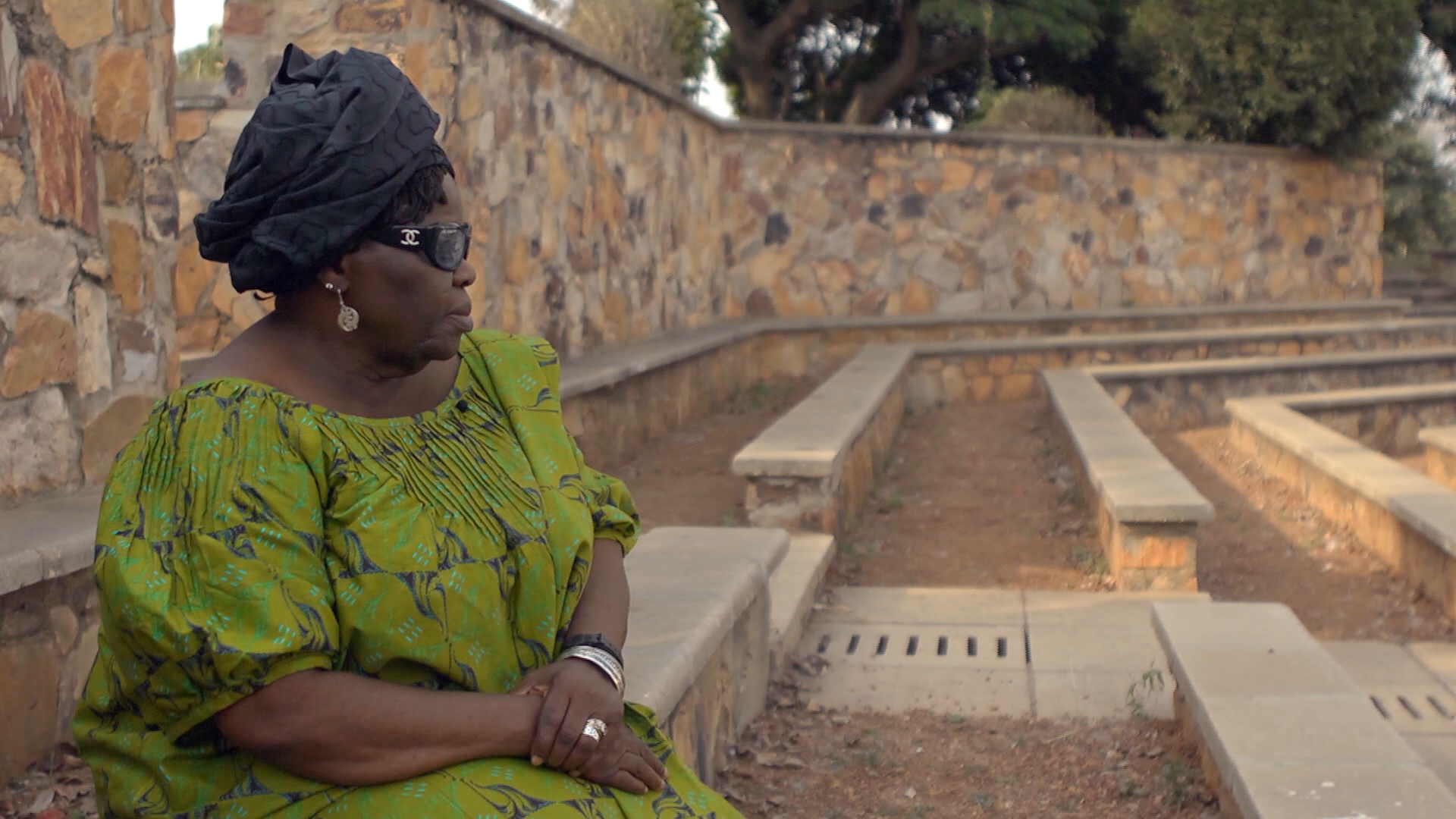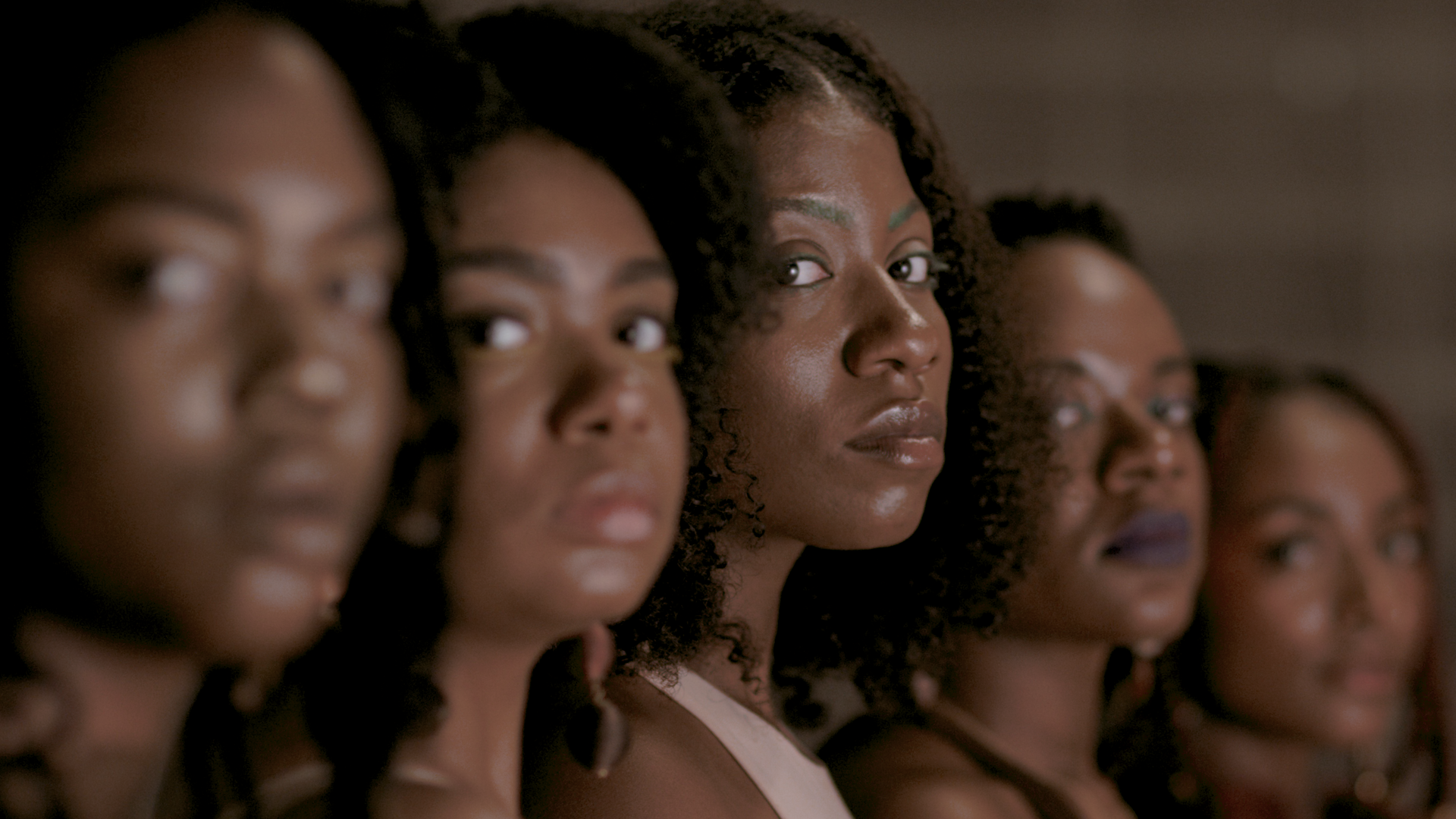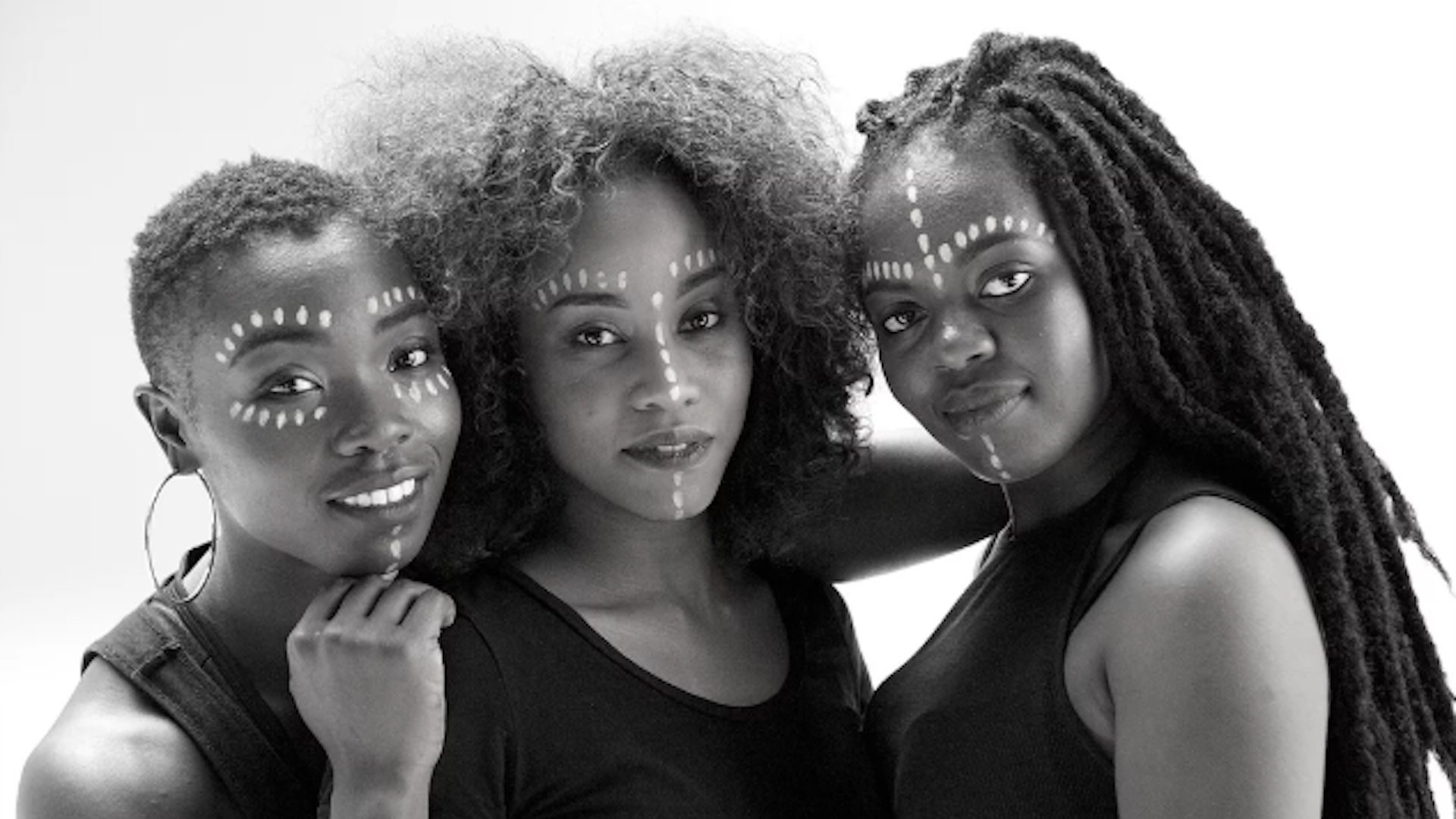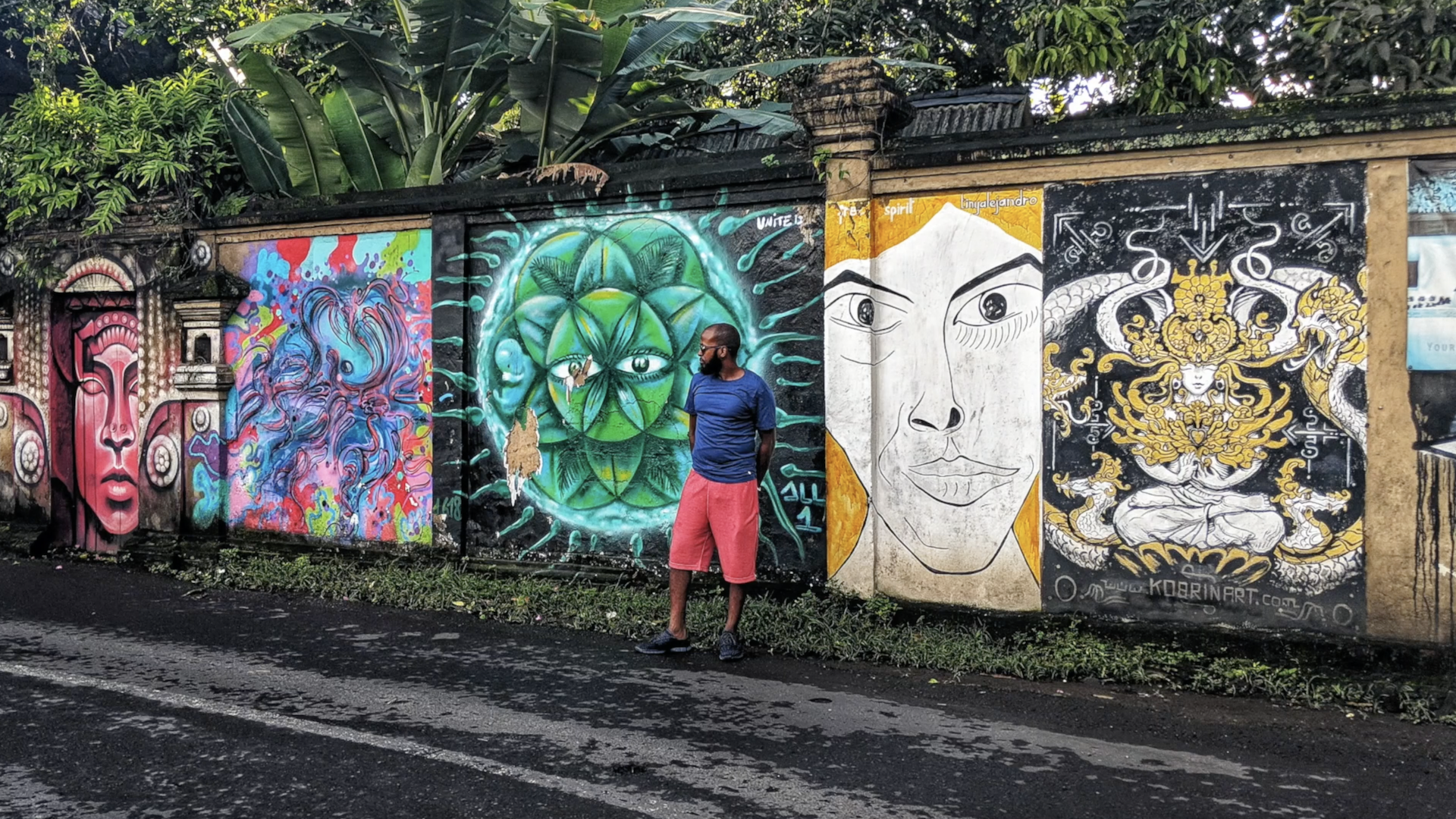While working on a special feature about Toni Morrison, writer and documentarian Yaba Badoe felt inspired. During her time at BBC, she was able to collaborate with many talented individuals and felt it was time to spotlight more Black writers. Their stories held so much insight and were often overlooked. The power of these stories was not lost on Badoe, noting that “…when a story grabs you, it can take you in directions which can change your life forever.”
One of the first writers that came to mind was Ama Ata Aidoo. The two women share a background as Ghanaian women, and both know the drive it takes to be a Black woman in this field. It was a match made in heaven.
Badoe’s documentary “The Art of Ama Ata Aidoo” delves into the life of one of Ghana’s foremost writers. Intertwined with Aidoo reading her own works, the exploration of her roots and what was able to grow from them provides a clear path of how her genius came to be.
Aidoo’s drive as a writer started from a very young age.
“Once I became aware of myself, it had occurred to me that maybe I should add to the world’s store of stories,” she stated in the documentary.
Her works started off being published in local papers, expanding to larger publications and recognition. For Aidoo, being able to accurately represent her world was of the utmost importance. She tackled issues she felt weren’t being talked about, which resonated with Badoe.
“I was particularly interested in her work because of the African writers of her time, she was one of the very few who wrote about or addressed the issue of slavery and complicated relations between Africans on the continent and the African diaspora,” Badoe said.
One of Aidoo’s most famous works is a play called “Anowa.” It follows a young woman who must reconcile between her husband’s more traditional views with her free-spirited nature. The dichotomy between masculine and feminine is present as the characters argue about the ethicality of slavery.
“As a playwright, I could be as open, as harsh, as critical,” Aidoo said, “but it was all here, in terms of Ghana.”
Aidoo’s works were specific to her viewpoint, but still widely accessible. Despite this, she still faced challenges around growing a wider audience. Publishers felt that the work of a Ghanaian woman would not translate to an international audience.
Badoe, a published author in her own right, notes the difficulty of being a female writer.
“Whenever a woman makes time to write, usually that is quite a political act, in the sense that you know, as a woman, to carve out space for yourself, and to sort of have that idea of creation at the center of your life, is actually really hard,” she said.
In spite of this pushback, Aidoo’s works opened doors for many writers after her. In the documentary she expresses joy at the fact other female Ghanaian writers are breaking into the mainstream, though the progress is still slow.
Both Aidoo and Badoe share the notion that art is a gateway. It allows everyone to experience something outside of themselves, to explore a viewpoint they may not have seen. For art to be of service, it has to represent a multitude of ideologies and backgrounds.
“How can you call yourself a writer if you are running away from controversial issues?” Aidoo said.
Aidoo is now internationally recognized for her works, and at 80-years-old has a strong legacy in literature to leave behind. Badoe was able to capture the grounded, human, and relatable side of Aidoo with her documentary, feeling reflective of the work of the subject.
These women and many others like them occupy an important part of storytelling that allows for the constant evolutions of the artform. Whether through page or stage or screen, the stories told “still have resonance in the lives of women today,” Badoe said, and will into the future.
Watch “The Art of Ama Ata Aidoo” on kweliTV.




